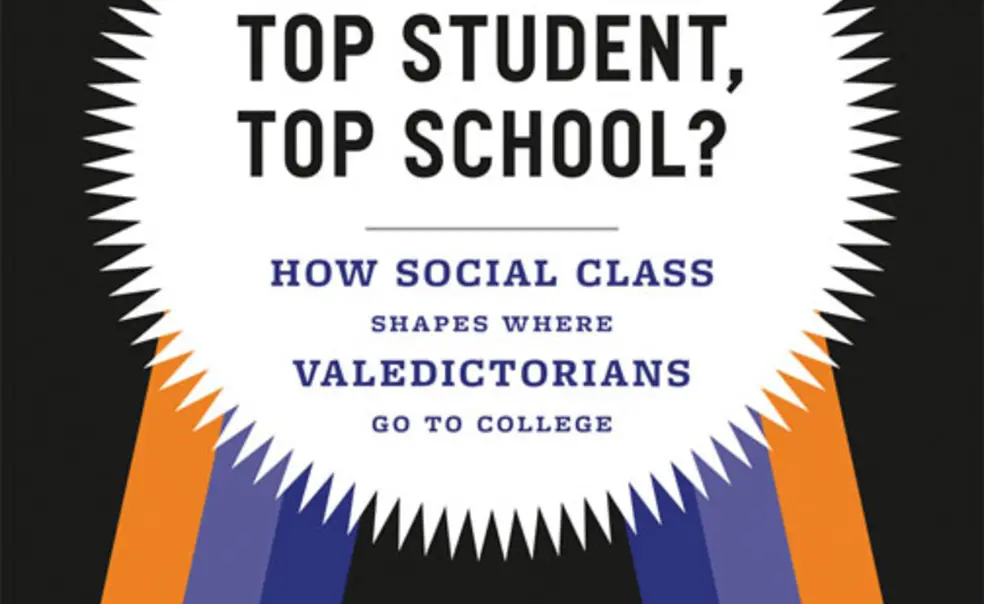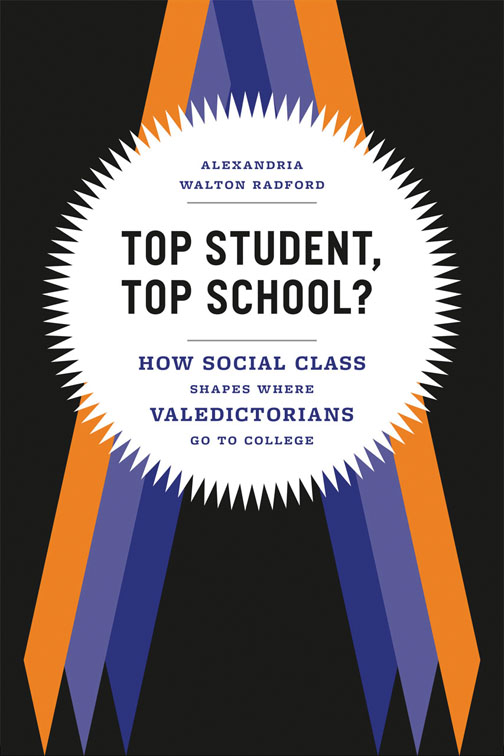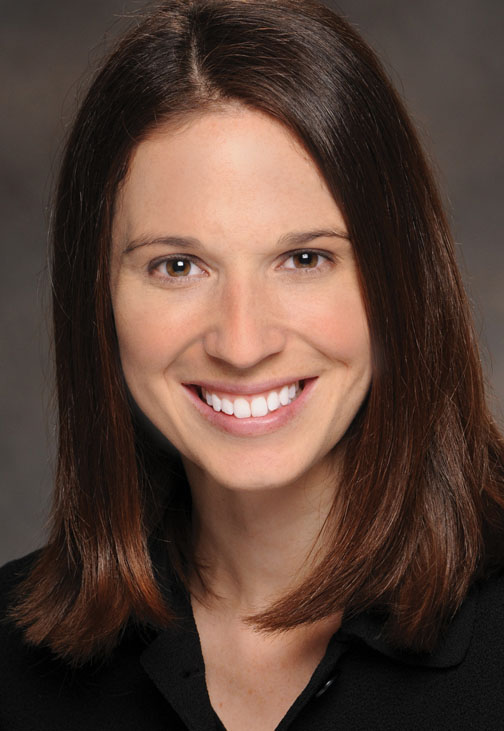READING ROOM: Alexandria Walton Radford *09
Why some valedictorians don’t apply to Princeton
Each year scads of 17- and 18-year-olds graduate as high school valedictorians with perfect GPAs, sky-high SATs, and piles of college credits. But many from low-income families never apply to top colleges — the ones that likely would give them the best chances of becoming doctors, scientists, and other professionals. Sociologist Alexandria Walton Radford *09 explores why in Top Student, Top School? How Social Class Shapes Where Valedictorians Go to College (The University of Chicago Press).
Radford tracked down and emailed 1,369 public-school valedictorians from five states whose names she found printed in hometown newspapers between 2003 and 2006. Almost 900 answered her Web-based survey about their family circumstances and influences on college choices. One in six were from families making less than $50,000. The parents of one in four had not graduated from college.
She looked at how many of the 900 valedictorians applied to and enrolled in 72 of the most selective colleges — 11 public schools and 61 private schools. She found that even though the top colleges accepted a higher percentage of the lower-income students (63 percent) than of the students from middle- or high-income families (50 and 54 percent), only half the lower-income students applied to those schools, compared with four-fifths of those from higher-income families.
Radford also journeyed across the country to interview 55 valedictorians. Among them was an honors student with a perfect score on the verbal SAT and ambitions to attend Princeton, Harvard, or Yale, but whose lower-income parents wanted her to commute to the “affordable” public university closer to home. She shelved the idea of applying to an Ivy and instead accepted a full scholarship to a small, Christian college, only to discover when she happened to revisit her dream college’s website that she might have attended it for free.
Radford, who directs studies on postsecondary education and students’ transition to college at RTI International, a research institute, believes the root of this problem is lack of support at home and bad advice and “little personalized time and attention” from guidance counselors at their schools, even for top students. To counteract that, she recommends Princeton and its peers start wooing these less-affluent prize pupils much sooner, sending students and alumni out “to tell them about life at Princeton, making students more comfortable with the idea of attending,” and pitching the bountiful financial aid. Radford hopes to follow up to see where life takes the valedictorians she studied.
WHAT SHE’S READING: The Ask by Sam Lipsyte
What she likes about it: “I always enjoy books that show university life. [This novel] is about a kind of failed artist working in the development department at a university. The depiction is not glamorized and is just very funny. ”














No responses yet